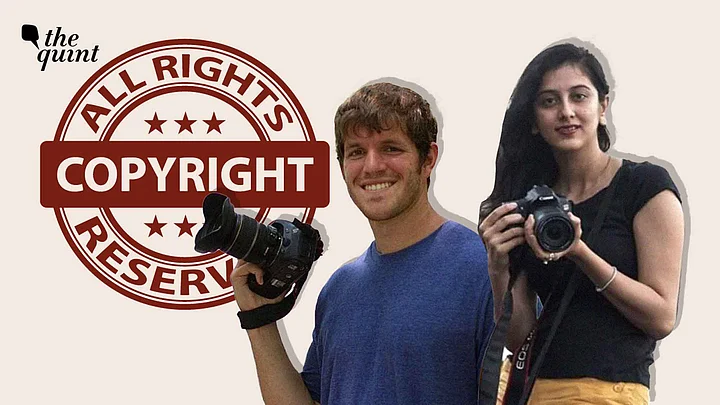A few days ago, Karishma Mehta, Founder and CEO of Humans of Bombay (HOB) took to Instagram to talk about the Delhi High Court judgment in the case of Humans of Bombay v. People of India. Simultaneously defiant and defensive, Ms Mehta lauded the judgment as a victory for the “creator community” in India.
Ms Mehta is wrong.
As soon as the news of HOB filing a case against People of India (“POI”) was released on social media; Brandon Stanton (the creator of Humans of New York) weighed in and alleged that HOB was profiting off his original idea. Mr Stanton had raised an important point. According to him, there was never an intention to monetise the HONY platform.
The question is, in case he changes his mind in the future and decides to charge for the stories on the HONY platform, would he be able to sue both HOB and POI? Returning to the judgment, the Delhi High Court has reiterated the established law that an idea cannot be copyrighted, and that there is no restraint on multiple platforms of similar nature being run.
However, in this case, the idea of expressing stories of ordinary people using text and photos is central to the dispute. A comparison of the three platforms is a powerful testament to Mr Stanton’s vision.
The 'Modicum of Creativity' Doctrine
India, for a long time, followed the somewhat archaic “sweat of the brow” test as far as the originality of work was concerned. To put it simply: the sweat of the brow doctrine with its biblical origins gave rights to an author through the mere creation of the work.
The Indian courts have moved to the “modicum of creativity” doctrine which is to say to the American approach towards copyright laws. The shift in legal doctrine was articulated by the Supreme Court in the landmark Eastern Book Company case decided in the year 2007 (Fun fact - Justice Pratibha M. Singh who decided the HOB suit was one of the Counsels in the EBC case).
In the HOB v. POI suit, the Delhi High Court ruled that there was a case of “substantial imitation” as some of the photos are nearly identical. However, it seems that both platforms were replicating each other’s works (the Court did not analyse this by comparing images but relied on the submissions made by both platforms).
For it to have been a victory for the creator community in India, the court should have dealt with the idea of business methods – in the suit filed by HOB, a claim was made for the protection of its business methods. The platforms and content creators rely on their uniqueness to express ideas.
While the Indian law is clear on the principle of ownership of copyright over “artistic work”; Courts need to look at the issue of copyright violations in the digital marketplace more widely. (For example: is sharing memes/gifs that are taken from movies a violation of copyrighted work? In the US, when the National Rifle Association shared a gif of the beloved show Parks and Recreation; the show creators asked the NRA to remove the gif claiming ownership over copyright.)
There Cannot Be a Failure of Imagination
A big part of the problem also lies with the lack of regulatory progress. The most recent version of the National Intellectual Property Rights policy was released in May 2016. The policy took stock of the extant legislative framework, though fell short of recommending more creator-friendly measures.
The Standing Committee of Commerce in its 161st Report on the “Review of the Intellectual Property Rights Regime in India” presented to the Rajya Sabha on 23 July 2021, noted the connection between improvement in IPR protection and the growth in foreign direct investment. However, it remains unclear if the report had any impact on the actual framing of laws.
The progress of economies needs to be in tandem with the progress of intellectual property laws – a crucial element of innovation. There can be no failure of imagination if the promise of a trillion-dollar economy has to be achieved.
India could look at the European Union for inspiration which has done some pathbreaking work on these knotty questions. The Directive on Copyright in the Digital Single Market (in effect since June 2019) is the legislation to deal with the rapid technological developments in the field of copyright.
A word of caution – Neil Gaiman and Stephen Fry, in their criticism, disagree with me! There was even an online bomb threat against the passing of the said copyright reforms in Germany.
To recover from these weighty questions: I urge you to visit the Instagram page “Goats of Bangladesh” - undoubtedly the best expression of creativity based on Mr Stanton’s original!
(Sangeeta Chakravorty is a former lawyer and currently a student at the School of Advanced International Studies, Johns Hopkins University, Washington DC. This is an opinion piece and the views expressed are the author’s own. The Quint neither endorses nor is responsible for them.)
